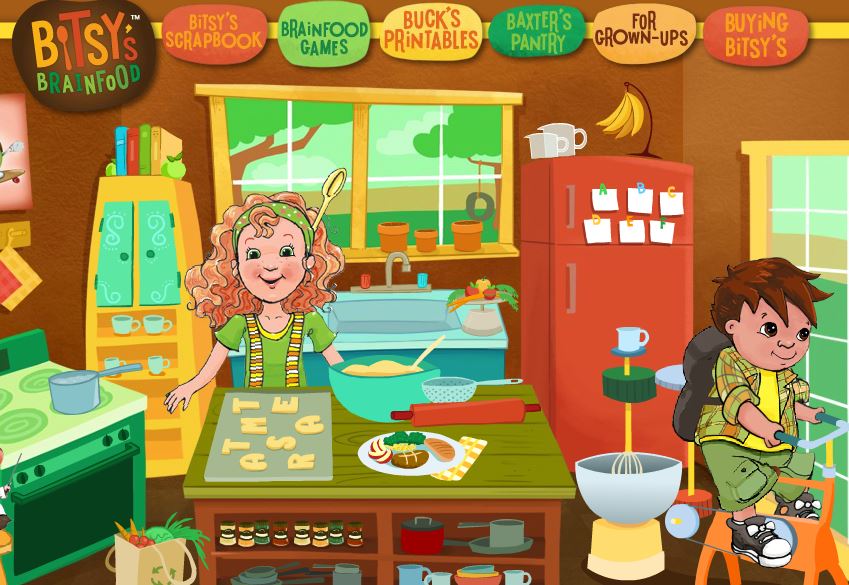One organic food marketer is laying it right on the table; Bitsy's Brainfood, created by Alexandra Buckley Voris and Maggie Jones Patton, is made with real fruits and vegetables and, they claim, will make your children smarter just by eating it. Wealthy Whole Foods parents will agree because it is organic and all three varieties are fortified with 12 essential vitamins and minerals - which shows you the company is selectively picking and choosing what 'organic' means. Natural and 'fortified by science and technology' are actually not sympatico.
So why are their Fruit&Veggie 1,2,3, Carrot Raisin Crunch, and Banana Squash Squares a smarter cereal alternative? Because...well, because.
I'm no marketing genius, but if kids and parents are going to be fooled into eating vegetables just because they are "repackaged", doesn't that actually make them dumber?
Rationality and logic aside, I don't want to pour cold water on their cereal business. If making your kids smarter is not enough, they note that the cereals are certified organic, non-GMO, Kosher, and Vegan. The Banana Squash Squares variety is even gluten-free.

If McDonald's created a site like this, "a website designed to keep kids engaged and mentally active" by sitting in front of a computer screen, they would get criticized. McDonald's clearly needs to sell Organic Kosher Vegan Gluten-Free Brain Food to kids and they would get a pass.
"As parents, our lives are busy, so we thought a lot about how to turn everyday experiences, like breakfast, into teachable moments. Learning about what kinds of foods fuel us is so central to our ability to learn and play!" said co-founder Alexandra Buckley Voris in their statement.
Nothing says breakfast fun for kids like the Liberal Guilt version of a Come To Jesus Meeting about what cereal they are eating.
Still, yayyyyyy capitalism. Whole Foods has a much bigger monopoly in its segment than Monsanto has, yet if you ask informed organic food shoppers, many of them will believe the $29 billion organic food industry is tiny plot farmers hand-picking stuff grown with no pesticides and driving it in their rickety pickup trucks right to the store.
So given the intelligence and science awareness of the organic-food-makes-you-smarter demographic, I predict big things for this company.





Comments